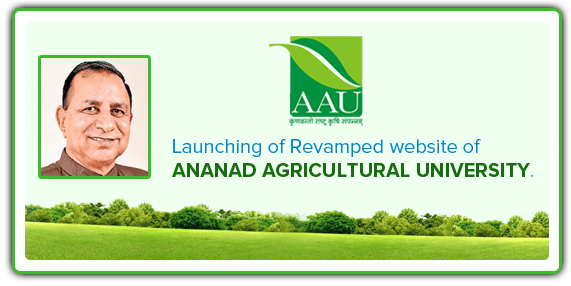Search
Unit Menu
Latest News
Institute of Distance Education Anand ( IDEA)
Genesis and Objectives
Genesis
Education is one of the yardsticks to judge the development of any country. To be very specific, it can be stated that more educated the citizens of the country are, the better developed the country would be. In this context, if we peep in the educational scenario of India, we come to know that the number of Universities imparting higher education which was only 25 in 1950 has tremendously increased to 431 today in 2009.
Despite this fact, the comparative figures in relation to gross enrollment ratio of the students entering into college against all the youth in the age group of 18 to 23 years are not encouraging ones. This ratio is only 10.84 in India as against 23.2 in developing countries and 54.6 in developed countries. Further, this ratio still goes down up to 6.74 in the rural areas as against 18.88 in urban area. This clearly indicates low spread of higher education in the rural area.
India is predominantly an agricultural country and hence its real prosperity lies in the development of villages where the main occupation of the people is agriculture and allied activities. Hence, it seems essential that agricultural education should be spread among the rural youth who are in agriculture and allied activities. But as said earlier, the gross enrollment ratio of the students entering into colleges in the group of 18 to 23 years is only 6.74, it is needless to point that this ratio would be only negligible or practically nil in case of agricultural education. It is in this context that the distance education which can provide opportunity to have higher education in the field of agriculture is quiet desirable opportunities to employed personnel in various agricultural and allied sectors apart from general candidates.
Objectives
- The prime objective of the institute is to accomplish the distance education in the field of agriculture in the Gujarat State.
The specific objectives:
- Provide the open and distance learning in agriculture in through educational programmes.
- Extend out reach of agricultural education particularly in remote and ecologically and socio-economically marginalized areas.
- Develop a force of trained man power particularly in agricultural marketing, agricultural journalism and agricultural insurance to safeguard the interest of farming community.
- Develop human resource in agriculture who can render extension services to the farming community.

